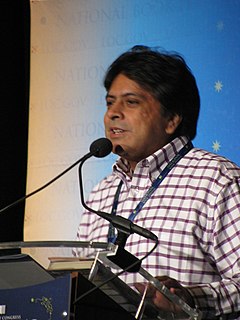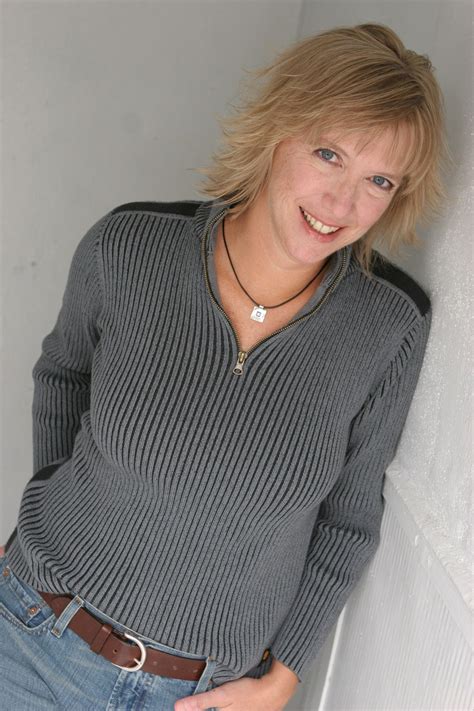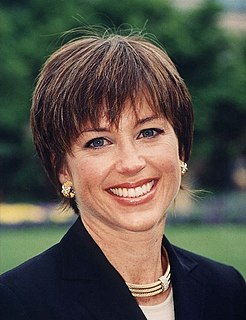A Quote by Philip Kitcher
I don't think readers of Mann have overlooked the fact that he was a great ironist, but they have tended to see the irony in particular parts of the novella, and to miss it in others.
Related Quotes
And make no mistake: irony tyrannizes us. The reason why our pervasive cultural irony is at once so powerful and so unsatisfying is that an ironist is impossible to pin down. All U.S. irony is based on an implicit "I don’t really mean what I’m saying." So what does irony as a cultural norm mean to say? That it’s impossible to mean what you say? That maybe it’s too bad it’s impossible, but wake up and smell the coffee already? Most likely, I think, today’s irony ends up saying: "How totally banal of you to ask what I really mean.
Mann was less interested, I think, in constructing any kind of "portrait of an age" than he was in delineating an individual consciousness in which profound struggles about identity and direction arise - struggles that Mann himself had not only reflected on but felt keenly. Visconti takes up this central focus of the novella, but he couples it with a more social perspective.
Mann was conscious of adopting different perspectives in different parts of the novella, but my guess is that there are plenty of passages in which the resonance of the words he chose struck him as exactly right (even though he didn't probe to discover exactly what tone or narrative device gave them that effect).
Mann and Joyce are very different, and yet their fiction often appeals to the same people: Harry Levin taught a famous course on Joyce, Proust, and Mann, and Joseph Campbell singled out Joyce and Mann as special favorites. To see them as offering "possibilities for living", as I do, isn't to identify any distinctive commonality. After all, many great authors would fall under that rubric.
Presenting Aschenbach as a composer - based on Mahler - leads to some dreadful scenes (especially those in which Aschenbach is berated by his student), and it surely distorts the character Mann created. Yet, we know that Mann's novella was based on a holiday in Venice he took with his wife and brother, and that while he was there he followed the reports in the German newspapers, describing the dying Mahler's progress as he returned from New York to Vienna.
Think about Mann's own daily routine (ascribed to Aschenbach), read the extant diaries and the letters in which he discusses the novella's themes, and it won't be so obvious that the attraction to Tadzio is completely unprecedented; it also won't be obvious that what Aschenbach wants is full sexual contact.
Mann is widely recognized as a master of irony and ambiguity, yet it's remarkable how quickly people foreclose options he carefully leaves open. Lots of readers - including eminent critics - jump to conclusions: that Nietzsche's Birth of Tragedy is a central background text, that Aschenbach is an inferior writer, that he's never been attracted by pubescent male beauty before, that he dies of cholera.
I think that a lot of the time I don't go for something in particular. I see what comes to me, I filter it out. I never really strive to play a particular character or do a particular genre of film. As long as it's a good script and a great range of people and my character is really interesting I can't see any reason not to do it.
I love the fact that so many of my readers are intelligent, exceptional, accomplished people with an open-minded love of diversity. But even more than that, I love it when my readers find lasting friendship with others of my readers - knowing that they met through their mutual affection for my books and characters makes me happy!
As I read Mann in German for the first time, the full achievement - both literary and philosophical - of Death in Venice struck me forcefully, so that, when I was invited to give the Schoff Lectures at Columbia, the opportunity to reflect on the contrasts between novella and opera seemed irresistible.























